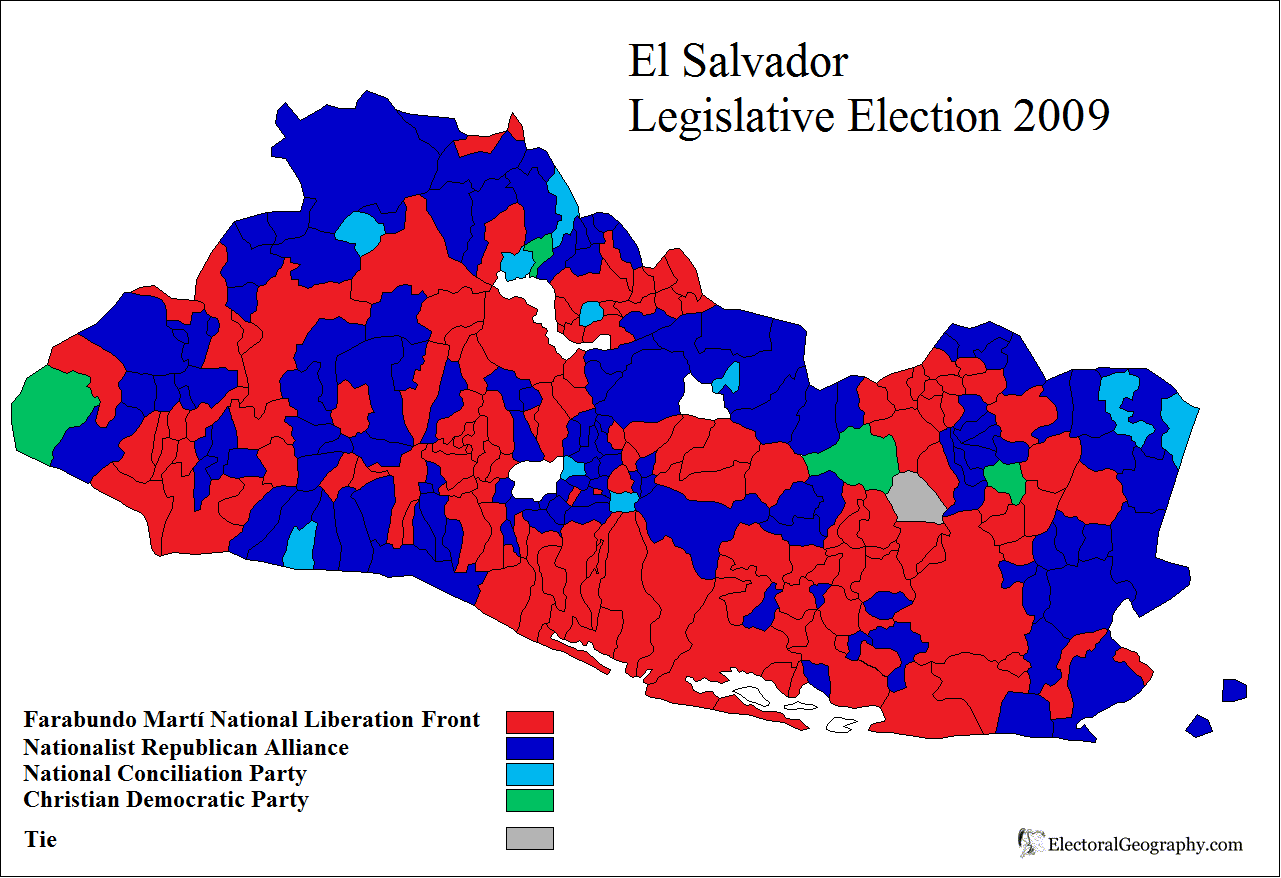“
Our struggle to exercise these rights here in El Salvador continues, we will keep searching for this truth and justice in El Salvador's courts. I don't know when, but one day truth and justice will flourish in our country for the victims who abandoned this utopia with their blood.”
- Dr. María Julia Hernández
Dr. María Julia Hernandez, long-time director of Tutela Legal, The Salvadoran Archdiocese's human rights office, and defender of the victims of horrific human rights violations, died March 30th four years ago.
SHARE worked with María Julia, Tutela Legal, and the Archdiocese on many human rights initiatives over the years, including human rights campaigns during the war, coordination with the movement of refugees repopulating communities in the late 1980s, and working on the initial design for a memorial wall dedicated to the civilian victims of the war. SHARE brought María Julia on tour in the U.S. to promote and fundraise for the construction of the memorial wall. Says SHARE Executive Director José Artiga, “María Julia is one of our most prominent women leaders in El Salvador. She worked closely with all the Archbishops, and was a defender of human rights who promoted denouncements, justice, and reparations.”
In honor of María Julia Hernández, Wednesday March 30th 2011 members of Tutela Legal organized a mass and forum in the Crypt of the National Cathedral, where María Julia, Archbishop Oscar Romero, and a number of other priests and religious persons are buried. María Julia is one of the only women buried in the Crypt. A group of forty people gathered to commemorate her life, including members of COMADRES, the Committee of the Mothers of the Disappeared, and many others who knew her. In the spirit of María Julia, during the opening prayer, one of the priests proclaimed, “We are gathered here for the dignity of all, no matter their social class.”
 |
Decorating María Julia's tomb
with flowers |
Following the mass, Luis Morales and Dr. Aceda Díaz shared reflections about María Julia's personality, work, and legacy. María Julia first became involved in working for human rights after meeting Archbishop Romero in 1977 at a gathering of student groups. Archbishop Romero called on the students to aid the victims of disappearance and genocide, and María Julia decided to accompany him in this work. She took on a preferential option for the victims, committing the rest of her life to defending human rights.
In 1983, María Julia took leadership of the newly formed Tutela Legal. She and her team worked tirelessly and systematically to investigate, record, and denounce massacres, murders, disappearances, and other human rights violations, and to protect victims. While these atrocities stopped happening systematically with the end of the war, they remained covered by silence, impunity, and the amnesty law. María Julia continued to work for the truth to be known and acknowledged. Together with Tiberio Arnoldo Romero, brother of Archbishop Oscar Romero, she brought the case of Archbishop Romero's assassination to the Inter-American Human Rights Commission. She also played an instrumental role in coordinating the exhumations of the El Mozote Massacre, bringing irrefutable evidence to light. She helped facilitate the planning and construction of the Monument to Truth and Memory as well, a memorial wall with the names of nearly 30,000 civilian victims killed or disappeared during the war.







